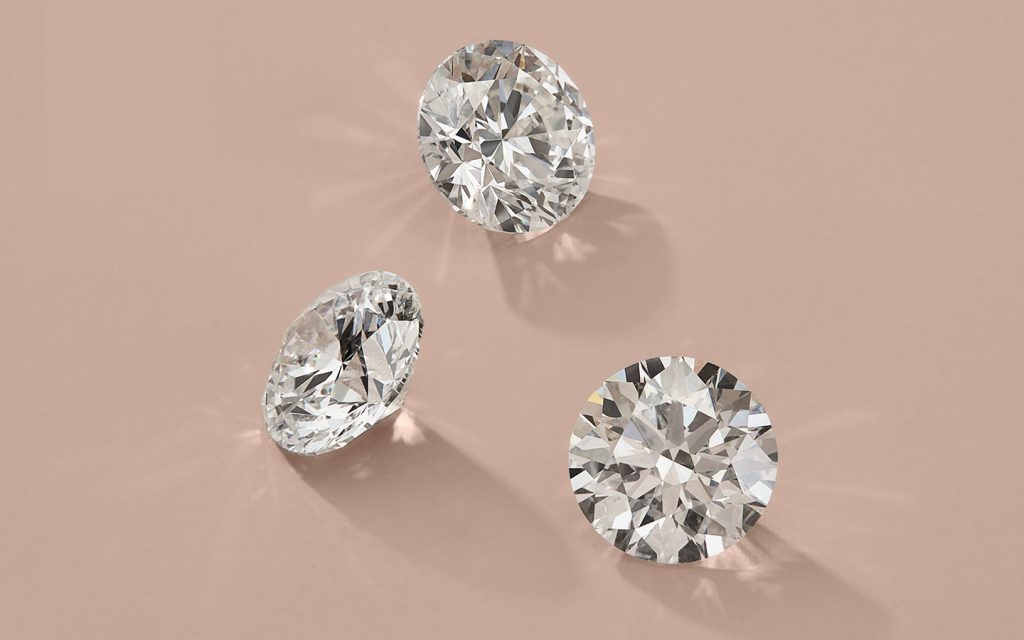With regards to purchasing a diamond, one of the main factors to consider is the certification of the stone. The two leading organizations that give diamond grading administrations are the International Gemological Institute (IGI) and the Gemological Institute of America (GIA). Understanding the nuances of IGI vs GIA can significantly influence your buying decision.
What is IGI?
The International Gemological Institute (IGI) was established in 1975 and has established itself as a reputable diamond grading organization. IGI is known for its complete grading reports, which assess various aspects of a diamond, including carat weight, color, clarity, and cut. While examining the IGI vs GIA debate, it’s essential to note that IGI certification is broadly perceived, particularly in markets beyond the US.
What is GIA?
The Gemological Institute of America (GIA) is perhaps the most perceived name in diamond grading. Established in 1931, GIA is eminent for its rigorous grading standards and is often regarded as the gold standard in the diamond industry. GIA’s reports are detailed and give broad information on a diamond’s characteristics. While comparing IGI vs GIA, many buyers lean toward GIA because of its reputation for accuracy and reliability.
Grading Standards: IGI vs GIA
One of the main aspects to consider in the lab grown diamonds discussion is their grading standards. GIA has fostered a severe arrangement of criteria for grading diamonds, which are generally accepted by gem specialists and shoppers alike. Their grading process is thorough, and GIA is known for being conservative in its assessments. Then again, IGI has a marginally unique approach. While IGI gives far reaching grading, a few pundits argue that their standards may be less stringent than those of GIA. This distinction can affect a diamond’s apparent value, which is crucial for purchasers to understand.
Acknowledgment and Reputation
While evaluating IGI vs GIA, reputation plays a significant job. GIA’s reputation as a leader in gemological education and research separates it from many other grading organizations. GIA-affirmed diamonds often command greater costs because of shopper trust in their rigorous grading standards. On the other hand, IGI is perceived, especially in certain markets, yet it does not carry the same degree of eminence as GIA in the US. Buyers ought to consider this aspect while deciding on their purchase, as the apparent value of a diamond can significantly vary based on its certification.
Cost of Certification
Another factor in the IGI vs GIA comparison is the expense associated with certification. GIA certification will in general be more costly than IGI certification. This value distinction can be attributed to GIA’s broad grading process and the reputation it has worked over decades. For budget-cognizant purchasers, IGI may introduce a more affordable choice while as yet providing a tenable certification. However, it is crucial to gauge the expense against the potential long haul value of a GIA-ensured diamond.
The Importance of the Grading Report
In the IGI vs GIA debate, the grading report itself is vital. A GIA grading report is typically more detailed and informative, providing not simply the grades of the 4Cs (cut, color, clarity, and carat weight) yet in addition additional information like fluorescence, proportions, and even a plotted diagram of the diamond’s clarity characteristics. Then again, IGI reports are also detailed yet may vary in the profundity of information gave. Purchasers ought to always survey the grading report carefully, as it is an essential tool in assessing the diamond’s quality and value.
Shopper Certainty
While comparing IGI vs GIA, shopper certainty is an essential aspect. GIA’s well established reputation has instilled an elevated degree of trust among shoppers, making them more liable to pay a premium for GIA-ensured diamonds. IGI, while reputable, may not inspire the same degree of trust in all purchasers. As such, those considering a significant investment in a diamond ought to think about how the certification could affect resale value and overall satisfaction with the purchase.
Conclusion: IGI vs GIA – Which is Appropriate for You?
Ultimately, the decision among IGI and GIA boils down to personal inclination and priorities. In the event that you value the most elevated industry standards and are willing to pay a smidgen more for a very much regarded certification, GIA may be the better decision for you. However, in the event that you are looking for a more budget-accommodating choice while as yet obtaining a valid certification, IGI could suit your necessities. Regardless of which certification you pick, guarantee that you thoroughly understand the characteristics of the diamond you are purchasing, and always demand the grading report for your records.

